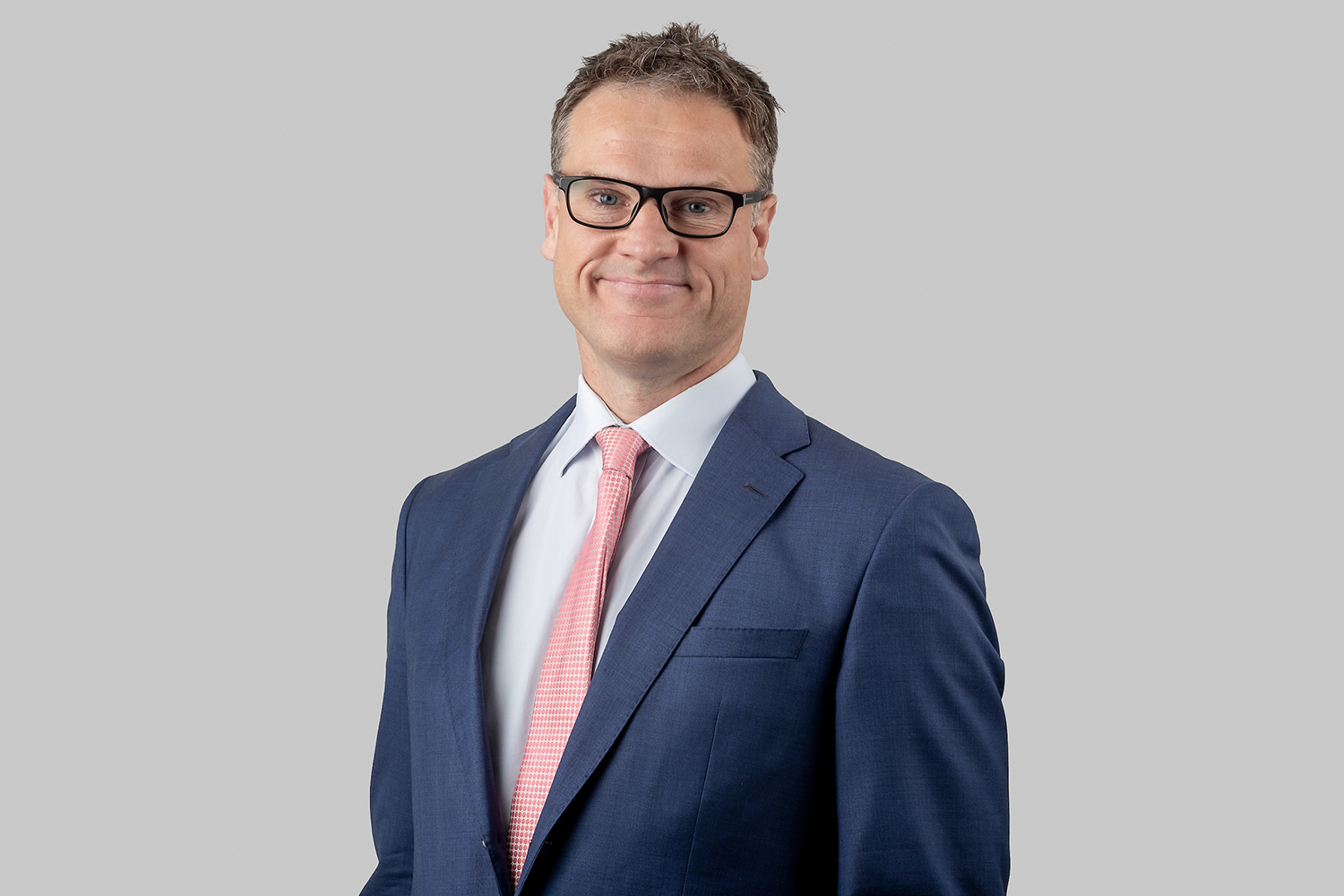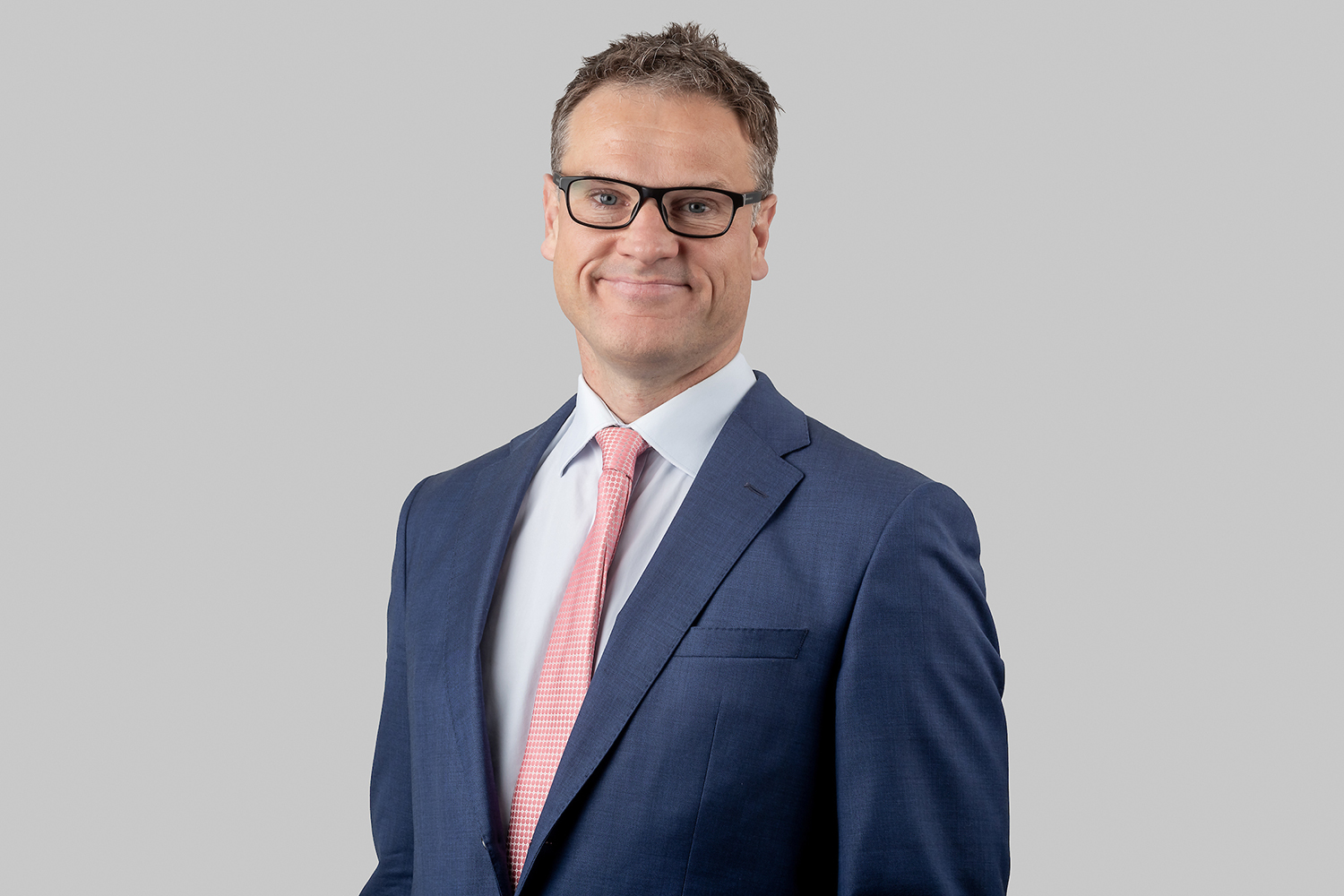
James Campbell
Partner | Legal
Jersey

James Campbell
Partner
Jersey
With 70% of families identifying a greater role for the next gen in family office activity in the coming years (Family Capital, 2022), it’s clear that the attitudes towards wealth and the divergent priorities of the next gen are going to significantly impact family strategies for succession planning and asset allocations going forward.
The weighting towards and exposure to "developing" asset classes is one trend that is likely to persist among the upcoming generation of custodians of the family wealth.
How that plays out will be manifested in many ways, with the extent to which a family will pursue an interest in developing asset classes being driven by a number of factors – the maturity and scale of next gen interests and passions, existing dynamics within a family, the appetite of a family to engage the next gen, and the influence of external advisors. For example, trustees could find they have a particularly important role to play here to assist this evolving dynamic.
Although returns and growth will be a consideration, there is more at play here. Exploring the "next big thing" is about the next gen getting involved in the family wealth and understanding it more so they can move beyond simply the inheritance of significant wealth, by creating the desire to build something unique for themselves that will benefit future generations of the family.
And while the next gen shows a clear desire to take greater control by working with trustees and family investment advisors to adopt a leading stance in emerging areas, from a behavioural perspective, this is a generation that is actually very considered, disciplined, and aware of its own knowledge parameters.
But what are these developing asset classes? Do trustees and those that represent family offices fully understand what drives the next gen and are they geared up to integrate these "new" assets into family structures?
Perhaps the most obvious developing asset class among the next gen is cryptocurrency, or digital assets more widely. One recent survey found that around 74% of families said younger family members want their investment strategy to look at digital assets. It’s notable too that, in the same survey, 70% highlighted that the next gen demonstrates a higher risk appetite than previous generations.
But this openness to risk is not something that is arrived at naively. In fact, research suggests that this generation readily admits a need to better understand the crypto space. A survey undertaken by the AIC found that more than half (57%) of young people felt that the biggest barrier to investing is their lack of understanding and knowledge.
This underlines the emerging nature of the sector and gives a clear indication of the gulf between understanding and appetite - but a gulf that the next gen is keen to address.
Beyond crypto but still in the tech space, the rapid rise of AI has also been a key talking point for much of 2023 and is unsurprisingly attracting a good deal of investment interest – but technology also presents a myriad of other opportunities for the next gen to apply their interests, from hydrotech and healthtech to NFTs.
Another sector receiving a growing amount of attention is cannabis with progress in regulation turning the dial and making this a rapidly developing opportunity for the next gen. The approval of medicinal use of marijuana in jurisdictions around the world has prompted an influx of start-ups looking to produce new technologies, in turn presenting new investment options. There is also now a stock exchange dedicated to monitoring the value of medicinal and legal marijuana, the Global Cannabis Stock Index.
ESG, meanwhile, also continues to gather pace as a next gen led investment opportunity. In a study undertaken by Wealthbriefing, for example, next gen family members placed a greater weighting on the importance of ESG principles (63%) against financial return (37%).
PwC studies have also found that the next gen is far more likely to prioritise sustainability. 31% of next gen family members, for example, want to increase their focus on sustainability compared to just 15% of the current generation. As regulation evolves and as the sector continues to become more sophisticated, sustainable finance presents a considerable opportunity for the next gen to assert their leadership.
The key point here is that "the next big thing" is not a singularity. There are countless emerging asset classes and, because they are still developing by definition, the direction of travel is uncertain, complex and nebulous.
A study of global family offices by Goldman Sachs, for instance, found that although nine out of ten family offices have investments with secular growth themes, families are being increasingly opportunistic when it comes to asset allocation – a suggestion, perhaps, of the influence of the next gen on family investment behaviour.
What’s clear is that the world of developing asset classes is as diverse as the next gen demographic and their families – and that, of course, has implications for trustees and other advisors, who need to be ready to help families pivot to new opportunities while balancing risk and experimentation on the one hand and providing certainty and stability on the other.
What this rapid evolution in developing asset classes shows is just how important it is for trustees and advisors to evolve too. Expertise and understanding are absolutely critical – by their own admission, the next gen says it is lacking in knowledge in some areas, but that is not diminishing their appetite to explore new opportunities.
It will be key for trustees and other advisors to address any gaps in their knowledge so they can support these families and future generations. Trustees will have to learn to adapt and find innovative ways to support the next gen to fulfil their ambitions. For example, by looking at different holding structures within the family's wider portfolio of structures that ensure that the volatility and other risks inherent in these emerging assets classes and market are managed but not to an extent that stifles the next gen's desire to develop and evolve family wealth.
Of course, as advisors, that also means recognising when you don’t have the required expertise yourself, and identifying specialists who can deliver appropriate advice. Bringing together networks of experts – from service providers, investment managers and consultants to insurance providers and technology experts – will be imperative as developing and fast-moving asset classes grow in popularity.
From a structuring point of view, meanwhile, there are also a number of considerations. In practical terms, empowering the next gen to pursue an investment strategy where they have a specific interest can be a useful tactic in giving them a training ground, handing over a certain amount of authority, and giving them confidence, within a risk-managed framework.
At the same time, however, enabling a degree of flexibility is crucial too, particularly given the diversity of opportunities within the developing assets spectrum, all with their own levels of attached risk.
This is particularly important given the likelihood that not all next gen family members will want to pursue the same ventures, and complementary ringfenced structures may need to be established, alongside the holistic family framework, which may include standard trusts and very private funds, as well as company and asset holding vehicles.
It may also be the case that families will need to revisit their family governance frameworks and other documentation, to reflect a shift in risk appetite or investment strategy.
The reality, of course, is that emerging asset classes are not going to be emerging indefinitely. They will be the driving forces of the future investment space. As the next gen assumes greater responsibility of family wealth, providing an avenue for them to build their knowledge, gain greater confidence and begin to integrate these new areas responsibly, sooner rather than later, could be hugely rewarding for them in asserting their ownership of "the next big thing", but beneficial for the family legacy in the long term too.
Ogier is a professional services firm with the knowledge and expertise to handle the most demanding and complex transactions and provide expert, efficient and cost-effective services to all our clients. We regularly win awards for the quality of our client service, our work and our people.
This client briefing has been prepared for clients and professional associates of Ogier. The information and expressions of opinion which it contains are not intended to be a comprehensive study or to provide legal advice and should not be treated as a substitute for specific advice concerning individual situations.
Regulatory information can be found under Legal Notice
Sign up to receive updates and newsletters from us.
Sign up